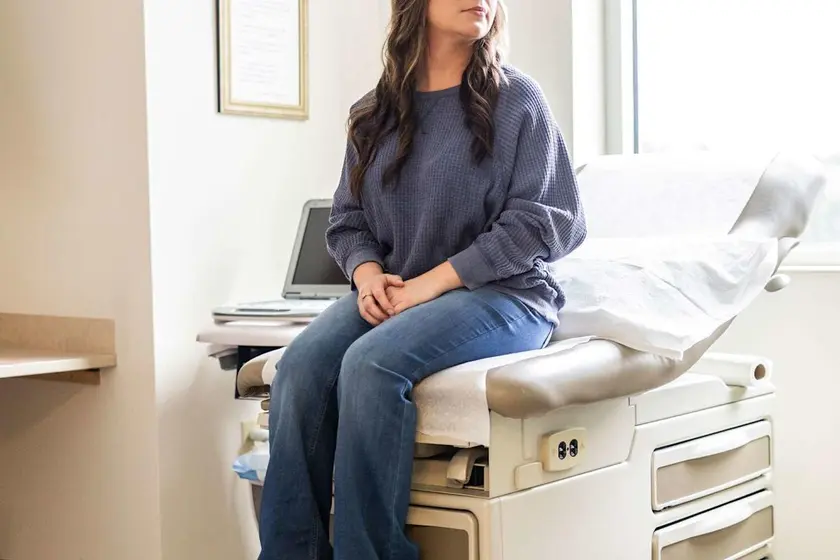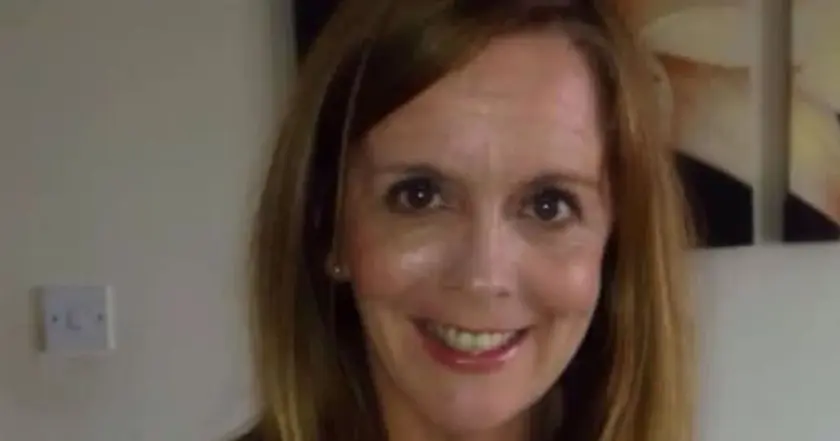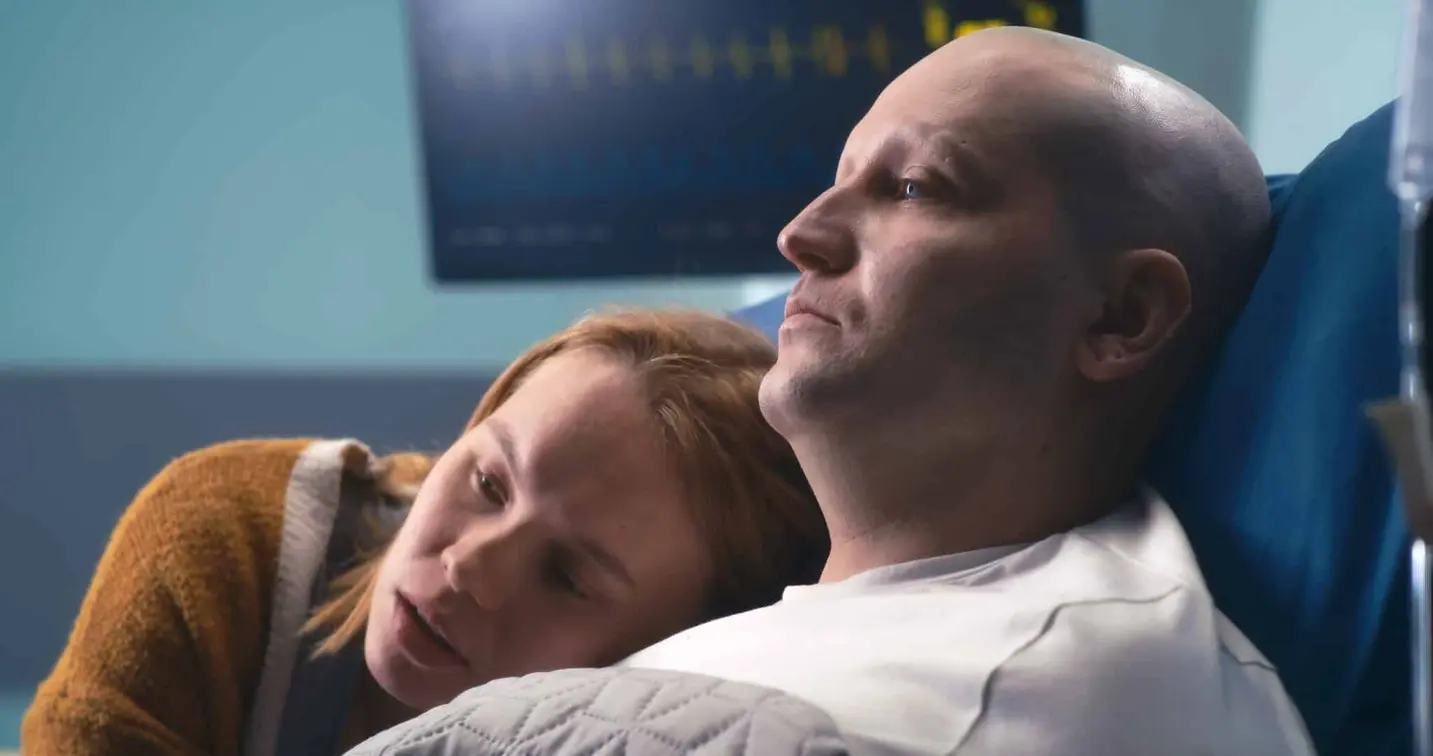T4K3.news
Young mother in Australia confronts early onset Alzheimer
Erin Kelly, 29, learns she carries a PSEN1 mutation and faces a future balancing motherhood with a progressive brain disease.

A 29-year-old mother learns she carries a PSEN1 mutation that causes early onset Alzheimer’s and weighs how to tell her daughter while seeking care.
Young Australian Mom Faces Early Onset Alzheimer"s Disease
Erin Kelly, 29, from Eagleby in Queensland, has been diagnosed with an early onset form of Alzheimer’s disease after inheriting a PSEN1 genetic mutation from her mother. National statistics cited in the report show that young onset dementia is rare, affecting about 110 of every 100,000 adults aged 30 to 64. Kelly’s family history is stark: multiple relatives, including her mother, died from the disease at relatively young ages. She wrestled with denial before deciding to take action and learn more about what lies ahead for her and her daughter Evie.
Scans in June revealed the first signs of neuron damage, and Kelly says she already notices subtle changes, such as word-finding difficulties and scrambled speech. She has not yet determined how to explain the diagnosis to Evie, who is eight years old, and she hopes to preserve a sense of normalcy for as long as possible. A GoFundMe page organized by Kelly’s stepsister aims to fund treatment options that aren’t available through Australia’s public health system. Leqembi, a drug that can slow progression in some patients, is approved by the U.S. FDA but is not widely accessible through public funding in Australia, making cost a major constraint for families facing the illness. The Mayo Clinic notes that most Alzheimer’s cases occur after age 65, and mutations in PSEN1 can be passed from parent to child, creating a personal and legal burden for families as they navigate care and support options.
Key Takeaways
"I want to make sure she’s an adult before I die."
Erin Kelly on planning for Evie’s future
"More ordinary days. More little moments."
Hopes for small, meaningful moments with Evie
"There is a treatment called Leqembi. It’s not a cure, but it could slow the progression."
Regarding potential treatment and access
"It’s rare. It’s terminal."
Stepsister Jessica Simpson on Erin’s prognosis
This story highlights how rare, genetic diseases intersect with family life and public health systems. It shows the emotional stakes for a young mother who wants time with her child while facing a condition that could shorten her ability to parent. The financial angle — a costly treatment not covered by public health — underscores gaps in access and equity that affect families with rare diseases. The piece also raises questions about how to communicate difficult diagnoses to children and how communities can support parents who are still building their lives.
Highlights
- More ordinary days. More little moments.
- I want to make sure she’s an adult before I die.
- There is a treatment called Leqembi. It’s not a cure, but it could slow the progression.
- It’s rare. It’s terminal.
High cost and access to treatment raise risk
The case highlights budget and access issues as a major barrier to care for a young patient. Leqembi is costly and not publicly funded in Australia, raising potential backlash and policy questions about equity.
The story invites readers to consider how societies support families when rare diseases collide with cost and care.
Enjoyed this? Let your friends know!
Related News

Caregiver for wife with early onset Alzheimer's faces daily battles

Young Americans face higher rectal cancer risk

Mother fights to save her daughter from mental illness

Ranking Lex Luthor's Darkest Moments in Smallville

Smartphone Use Before Age 13 Linked to Mental Health Issues
Documentary Investigates Iconic Vietnam Photo Controversy

New insights from 28 Years Later

The Last Showgirl features emotional Bonnie Tyler song
